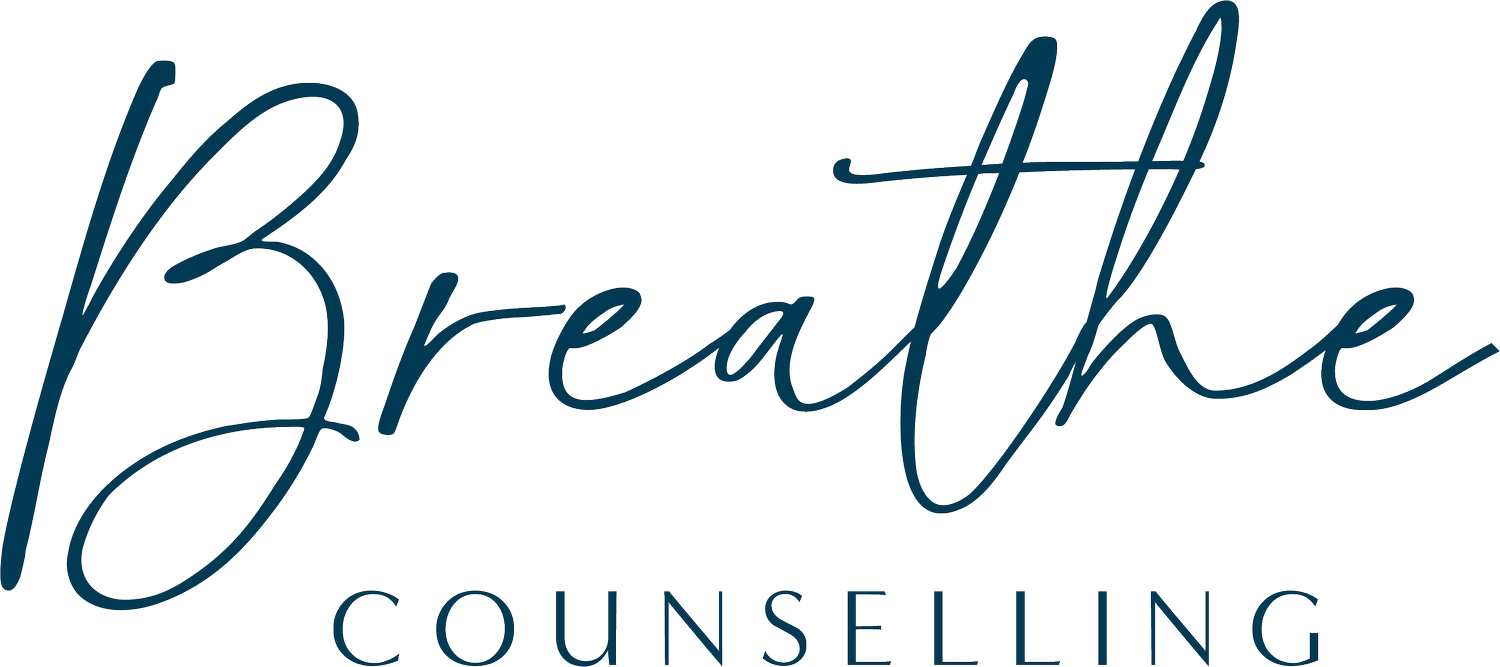Types of Counselling
Motivational Counselling
A therapy technique to resolve uncertain feelings and insecurities by finding motivation to change the behaviour that is not serving the individual. Through this style of counselling, the intervention helps the person to find healthier choices and decisions that will provide their answer. Through a supportive manner, motivational counselling encourages people to talk about their need to change for their own reasons. This requires understanding the person’s perspective and proceeding from there.
Motivational counselling can be helpful in the following areas:
Anxiety & Depression
Loneliness
Framing negative thoughts to positive thoughts
Marriage and/or relationship challenges
Chronic disease management which includes kidney function, diabetes, cardiovascular
Work related conflicts
Narrative Therapy
A counselling tool that is used for individuals and community work that shows respect in a non-blaming approach. As the client, you are the ‘expert’ in your own life as well as, have the skills, competencies, beliefs, values, commitments and abilities that will guide you to reduce the influence of problems being discussed. The sessions are considered to be interactive and collaborative as it will be a way to learn and understand your journey (past, present, future) and what path you ultimately want to take.
Narrative therapy can be mixed with Motivational Counselling and can be helpful in the following areas:
Anxiety & Depression
Work conflict
Family dynamics & challenges
Communication difficulties within relationships
Framing negative thoughts to positive thoughts
Grief & loss
Addiction (drugs, alcohol, gambling)
Marriage challenges
Health/medical complications
Adolescent health
Cognitive Behavior Therapy (CBT)
CBT is a type of therapy, where activities, conversations and goal-oriented approach is being used to help you as the client become aware of your negative thoughts, and change it to a more effective and clear way. The main object of CBT is to reshape the negative or inaccurate thinking through conversations which may be full of challenges about what is based on fact or an inaccurate perception. For many, being challenged about the thoughts that have become behavior patterns can be difficult to work through, but the ultimate goal is to ‘crush’ the negative thought to a more realistic and positive mindset on a particular issue or concern.
Cognitive Behaviour Therapy can be helpful in the following areas:
Anxiety & depression
Fear based thoughts
Perception of family dynamics & challenges
Framing negative thoughts to positive thoughts
Marriage challenges/perceptions of spouse
Culture Sensitive & Spirituality
Culturally sensitive therapy can be used in all areas of life and is included with other forms of therapy. The therapist’s object is to have an understanding of the client’s background, ethnicity, and belief system, as well as respect differences in opinions, values, and attitudes of various cultures. As a social worker, it is our job to first recognize and understand our own culture to have the ability to respond to the culture you recognize. The need for this understanding may be based on characteristics such as age, beliefs, ethnicity, race, gender, religion, sexual orientation, or socioeconomic status.
Spiritual therapy is a type of counselling that looks at your mind, body and soul by talking about an individual's belief systems and their faith in the higher power to help understand or to navigate through difficult times. Often, spirituality is associated with religion, however Spiritual Therapy is simply awareness of one’s connection to the universe and their desire to be in harmony within themselves and the higher being (however that feels right for the individual). It is most often NOT associated or linked to religion but can be more in relation to mindfulness theory.
Cultural Sensitive and Spirituality Therapy is helpful in the area of:
Depression
Loneliness
Family dynamics & challenges
Communication difficulties within relationships
Grief & loss
Addiction/AA meetings (drugs, alcohol, gambling)
Marriage challenges
Health/medical complications
Trauma post-car accidents
Chronic disease management
Elderly/caregiver changes/supports
Emotion Focused Therapy
The idea of Emotion Focused Therapy is to allow the person to interpret their emotional experience. Through Narrative Therapy, both the therapist and you will work together to actively process what emotion is being experienced, due to proven scientific studies of human emotions, that acknowledging the emotion will help understand human behavior, as well as how emotions are linked to thought and behavior.
Emotion focused therapy is helpful in the area of:
Depression/Anxiety
Chronic disease management
Elderly/caregiver support
Relationship conflicts
Life transitions
Loss and grief
Strength Based/Solution Focused Therapy
Strengths-Based Therapy is considered to be ‘positive psychology’, as the main focus is to enhance and remind you as the client of your existing resources, resilience, and positive qualities to help improve the problem or concern at hand. By using your strengths, it will show and bring empowerment in a way that will create the desire to change and show personal growth. Strength Based Therapy is often used in conjunction with Narrative Therapy, Motivational Counseling and Cognitive Behavior Therapy.
One thing we are all certain about is that change is constant. Through Solution Focused Therapy, the main object is to emphasize on what you as the client will feel is changeable and possible. Sessions will be focused on goals that are created by you and ensure they are plausible in order to ensure you are engaged and accountable for what is desired.
Both Strength Based and Solution Focused Therapy can be used in the following areas:
Depression
Loneliness
Family dynamics & challenges
Communication difficulties within relationships
Addiction/AA meetings (drugs, alcohol, gambling)
Marriage challenges
Health/medical complications
Chronic disease management
Elderly/caregiver changes/supports
Adolescent health
Person Centered Therapy
Person Centered Therapy technique is based on focusing on the here and now. The goal is to respect where you as the client want to grow and see yourself in a particular direction. This is done in an empathic, and unconditional positive regard. The therapist will also repeat words and phrases heard in sessions to help summarize the thoughts to enhance and prompt further self-discovery. Person Centered Therapy can be used in congruent with Motivational Counselling Strength Based and Solution Focused Therapy.
Person Centered Therapy can be used it the following areas:
Medical complications/treatment plans
Diabetic/Kidney disease
Adolescent health
Work related goals
Loss and grief
Elderly care/caregiver supports

Let’s Connect.
It all starts with a conversation.

